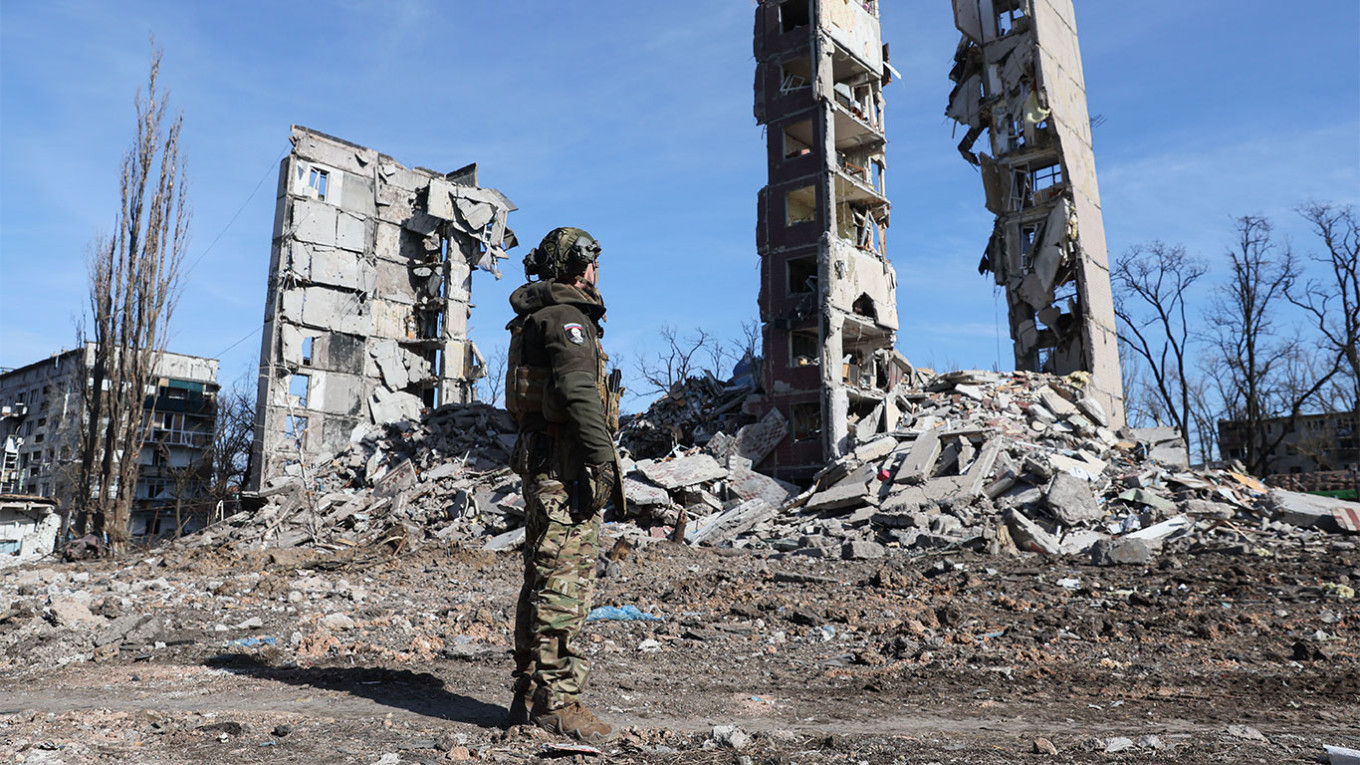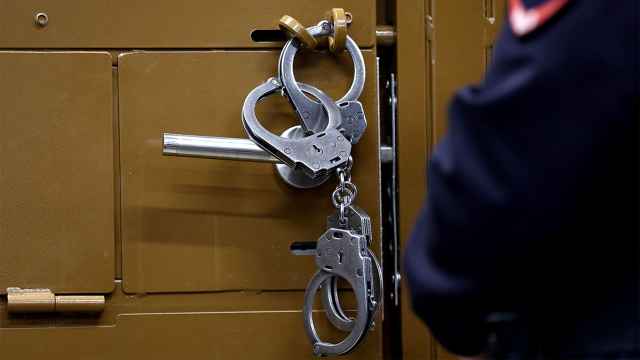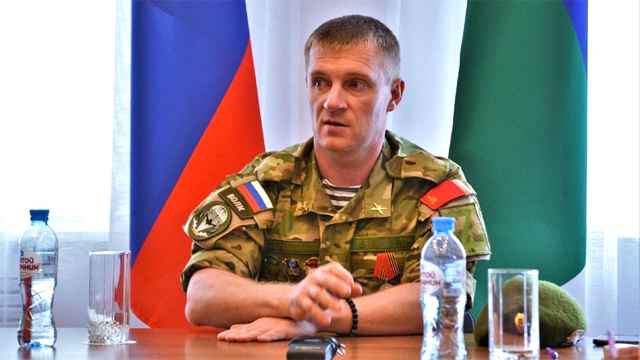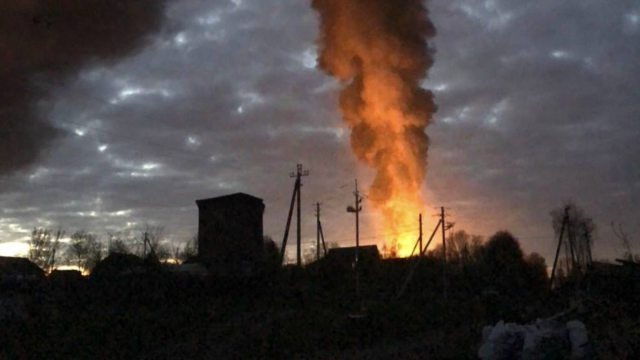Ivan from St. Petersburg enrolled in a military medical academy to fulfill his lifelong dream of becoming a doctor.
He graduated this year, when the full-scale invasion of Ukraine had already been ongoing for two and a half years. Faced with mandatory military service but wanting no part in the war, he fled the country to avoid being sent to the front lines.
"I knew from the start of the full-scale Russian invasion of Ukraine that this war was unjust. I was firmly against it," Ivan, a man in his 30s who asked that his name be changed for safety reasons, told The Moscow Times.
“On the one hand, you are fulfilling your medical duty as a doctor, but on the other hand, you are supporting the regime,” he said.
Although Ivan was a commissioned medical officer and not a combat soldier when he was drafted, he illegally crossed the border and now lives in a third country. He faces up to 15 years in prison if he goes back to Russia.
He is not alone. For many Russians who do not want to fight against Ukraine but cannot find a way out of conscription, deserting is the only option.
Their reasons for doing so can vary widely.
In some cases, soldiers decide to flee after seeing the horrors of the front line firsthand.
"My hands are stained with blood,” Russian deserter Denis told The Insider media outlet.
“I cannot confirm whether I actually killed an enemy…with direct fire. I cannot count the exact number, but it’s definitely over 1,000 people,” Denis said, describing his experience as a drone operator’s assistant.
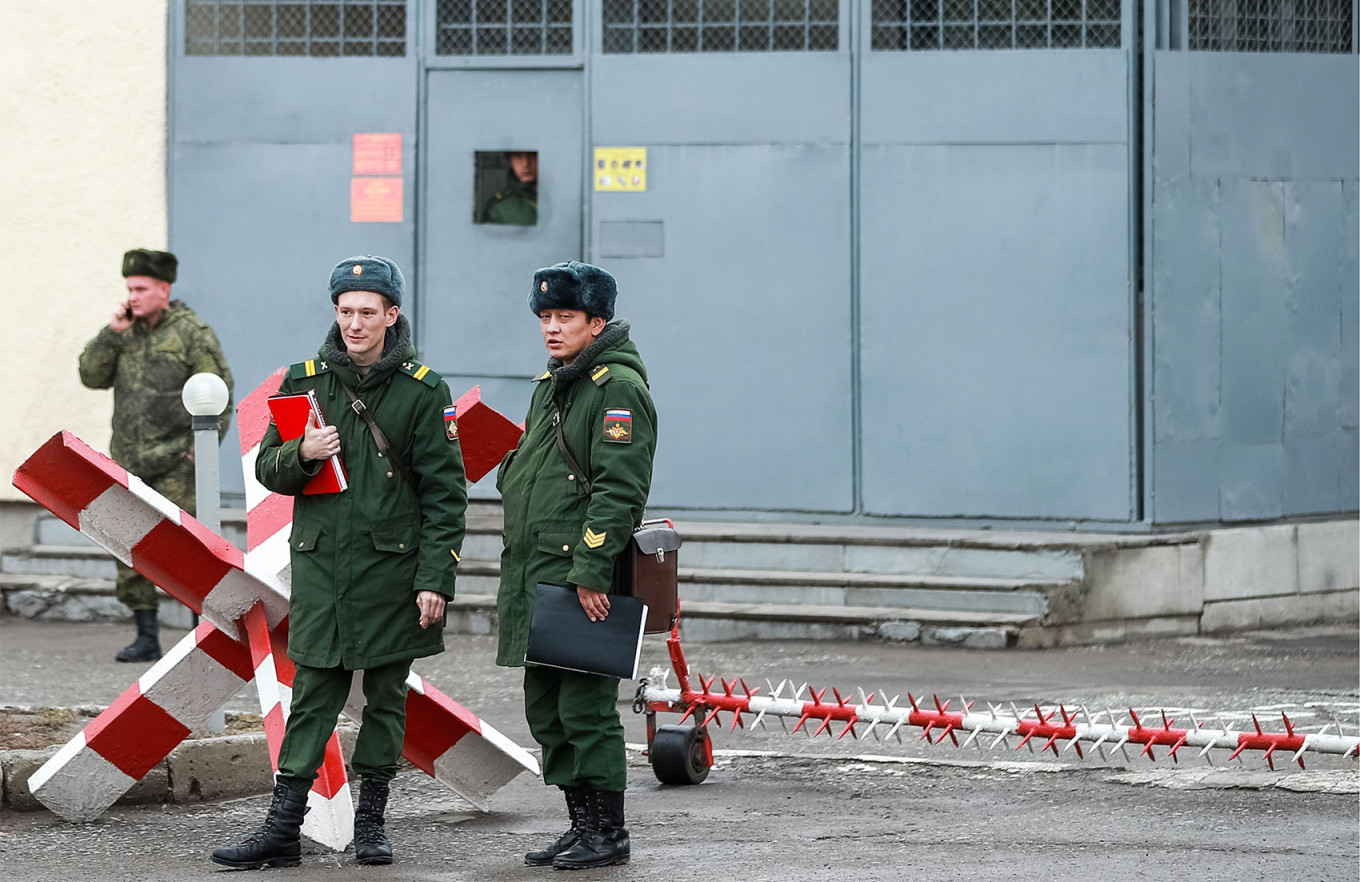
But when asked why he left, he said: “You need your own life and freedom, you don’t care about the [Russian] regime.”
Others, like Ivan, have opposed the war from the very start and chose to desert as soon as they received their draft papers.
In doing so, deserters run the risk of criminal prosecution.
Russia strengthened penalties for those unwilling to fight soon after President Vladimir Putin launched a “partial” mobilization in September 2022 to bolster the invading force in Ukraine with some 300,000 reservists. These include punishments for voluntary surrender, desertion during mobilization and refusal to take part in combat, with sentences of up to 15 years in prison.
Those who have already been conscripted and refuse to fight may also risk being tortured by fellow officers, including by being imprisoned in pits dug in the ground or cellars — sometimes without access to food or water.
Yet anti-war activists who help Russian men desert told The Moscow Times that the number of deserters is nonetheless on the rise.
While it is impossible to determine the exact number of Russian soldiers who have deserted, Idite Lesom (“Get Lost”), a Russian project that assists men in avoiding combat and has over 100,000 followers on Telegram, told The Moscow Times it has helped over 900 people to desert.
The group has also provided consultations to at least 35,000 Russians on how to avoid military service, leave Russia or find refuge inside the country.
The process usually starts when a soldier sends the organization a request via messaging apps. Volunteers then develop a desertion plan and establish a secure communication channel. It is also crucial to determine whether a deserter intends to remain in Russia after fleeing the front or whether they also need help leaving the country.
Ilya, another Russian deserter, is one of those who sought Idite Lesom’s help.
Ilya signed a contract with the Defense Ministry before the full-scale invasion of Ukraine. When the war started, he was in a unit that shouldn't have taken part in the war. But things quickly changed, Ilya told The Moscow Times in an interview over text.
"It did not take long to see that things had changed radically. The order came to grab and deport us to Ukraine in the spring of 2022,” he said.
After unsuccessful legal attempts to withdraw from his contract — as all military contracts were extended until the end of the war — Ilya contacted Idite Lesom.
"They helped me along the route. I waited for two weekends and just ran away. I calmly set out according to the Idite Lesom route and I ended up abroad,” Ilya said. He is now in Europe, where he is trying to start a new life.
Like Ilya, around 40% of deserters choose to leave Russia, according to Idite Lesom.
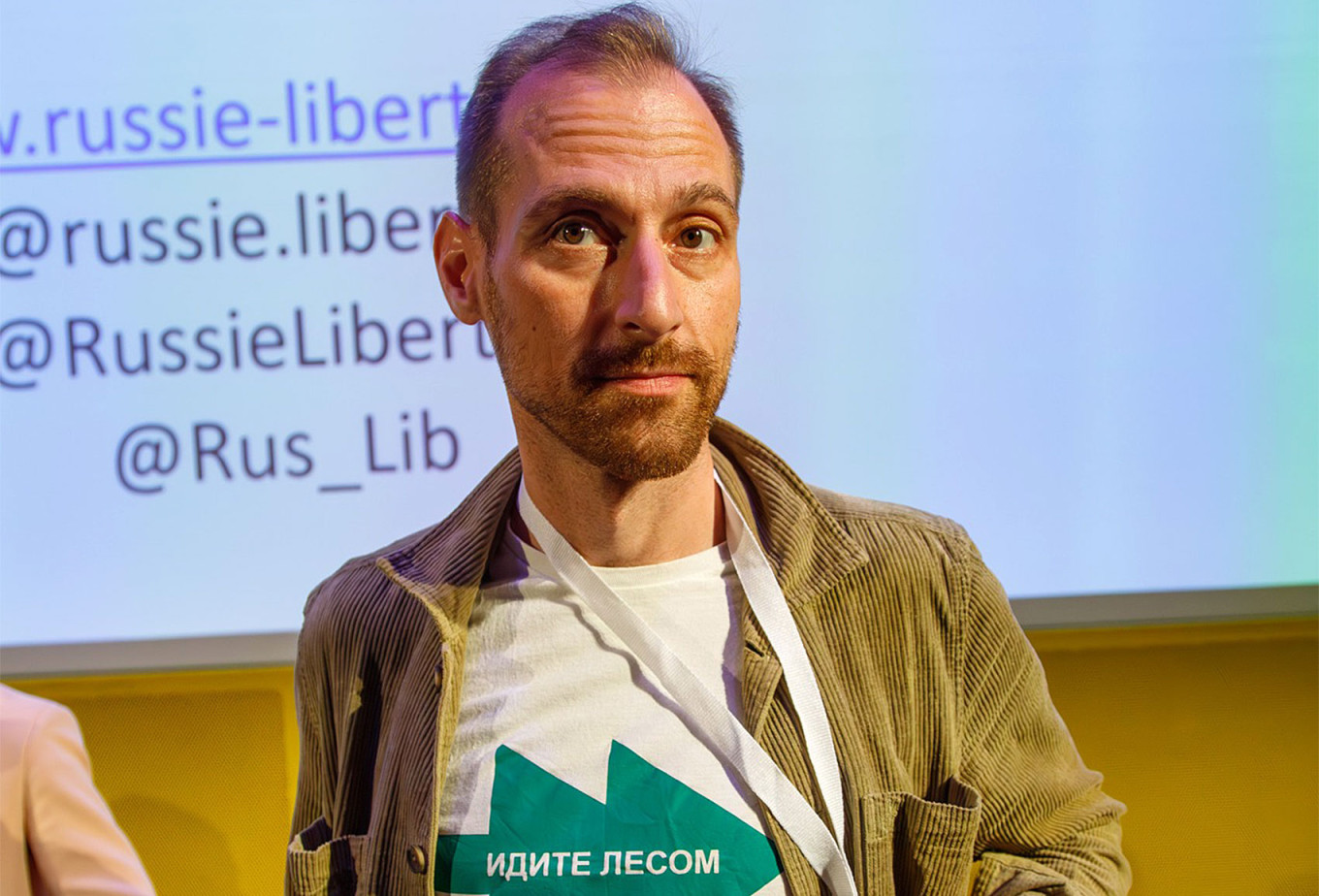
Russian citizens can travel to Armenia, Belarus, Kazakhstan and Kyrgyzstan with their internal passports which differ from the international passports needed to travel to other countries — making them top destinations for Russians who want to avoid military service.
Idite Lesom’s exiled founder Grigory Sverdlin told The Moscow Times that Belarus and Kyrgyzstan are seen as dangerous for deserters due to their governments’ close cooperation with Moscow.
But deserters are not guaranteed safety in Armenia or Kazakhstan, either.
Some of the well-known incidents are the cases of Dmitry Sertakov and Anatoly Shchetinin, Russian deserters in Armenia who were both brought to the Russian military base in the city of Gyumri and reportedly taken to Russia.
Kamil Kasimov, who signed a contract with the Defense Ministry and deserted in 2023 with the help of Idite Lesom, was detained in Astana, Kazakhstan and deported to Russia. This month, he was sentenced to six years in prison.
At least 7,400 criminal cases for evading military service have been opened since the start of Russia’s fall 2022 “partial” mobilization, the independent media outlet Mediazona reported in April.
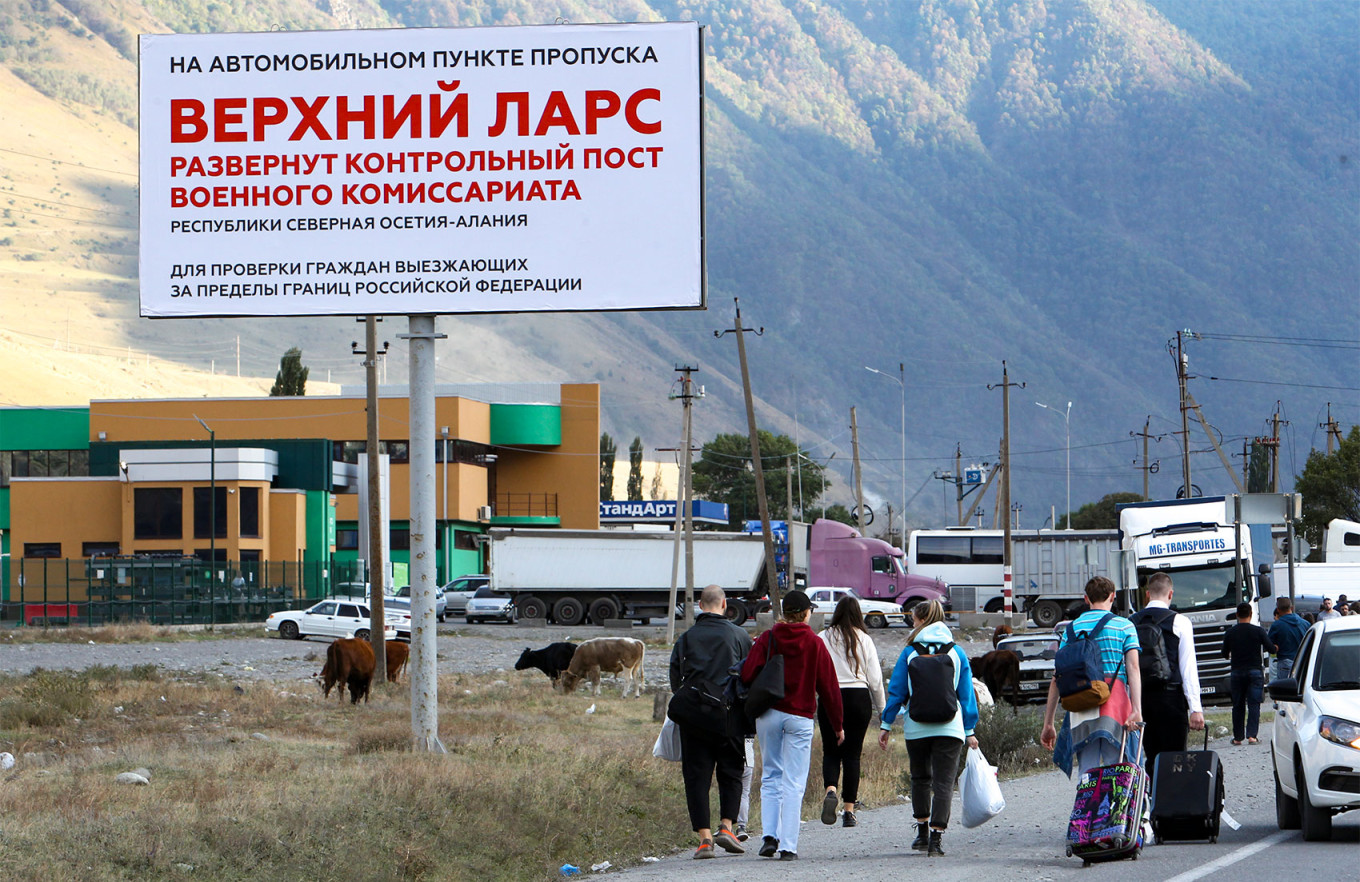
Ivan, the deserter from St. Petersburg, told The Moscow Times he was also “informed that he was being searched for desertion.”
“I understand that I am not completely safe [even in another country],” he said.
However, even those who managed to leave still need to rebuild their lives. Ivan, who is currently in an undisclosed location, still harbors the desire to remain a doctor and plans to return to the medical field in his new country.
When asked if he still dreams of returning to Russia to work as a doctor, he said “yes.”
“Of course, I dream of going back one day. I just don’t know when.”
With reporting by Anastasia Kalugina.
A Message from The Moscow Times:
Dear readers,
We are facing unprecedented challenges. Russia's Prosecutor General's Office has designated The Moscow Times as an "undesirable" organization, criminalizing our work and putting our staff at risk of prosecution. This follows our earlier unjust labeling as a "foreign agent."
These actions are direct attempts to silence independent journalism in Russia. The authorities claim our work "discredits the decisions of the Russian leadership." We see things differently: we strive to provide accurate, unbiased reporting on Russia.
We, the journalists of The Moscow Times, refuse to be silenced. But to continue our work, we need your help.
Your support, no matter how small, makes a world of difference. If you can, please support us monthly starting from just $2. It's quick to set up, and every contribution makes a significant impact.
By supporting The Moscow Times, you're defending open, independent journalism in the face of repression. Thank you for standing with us.
Remind me later.



